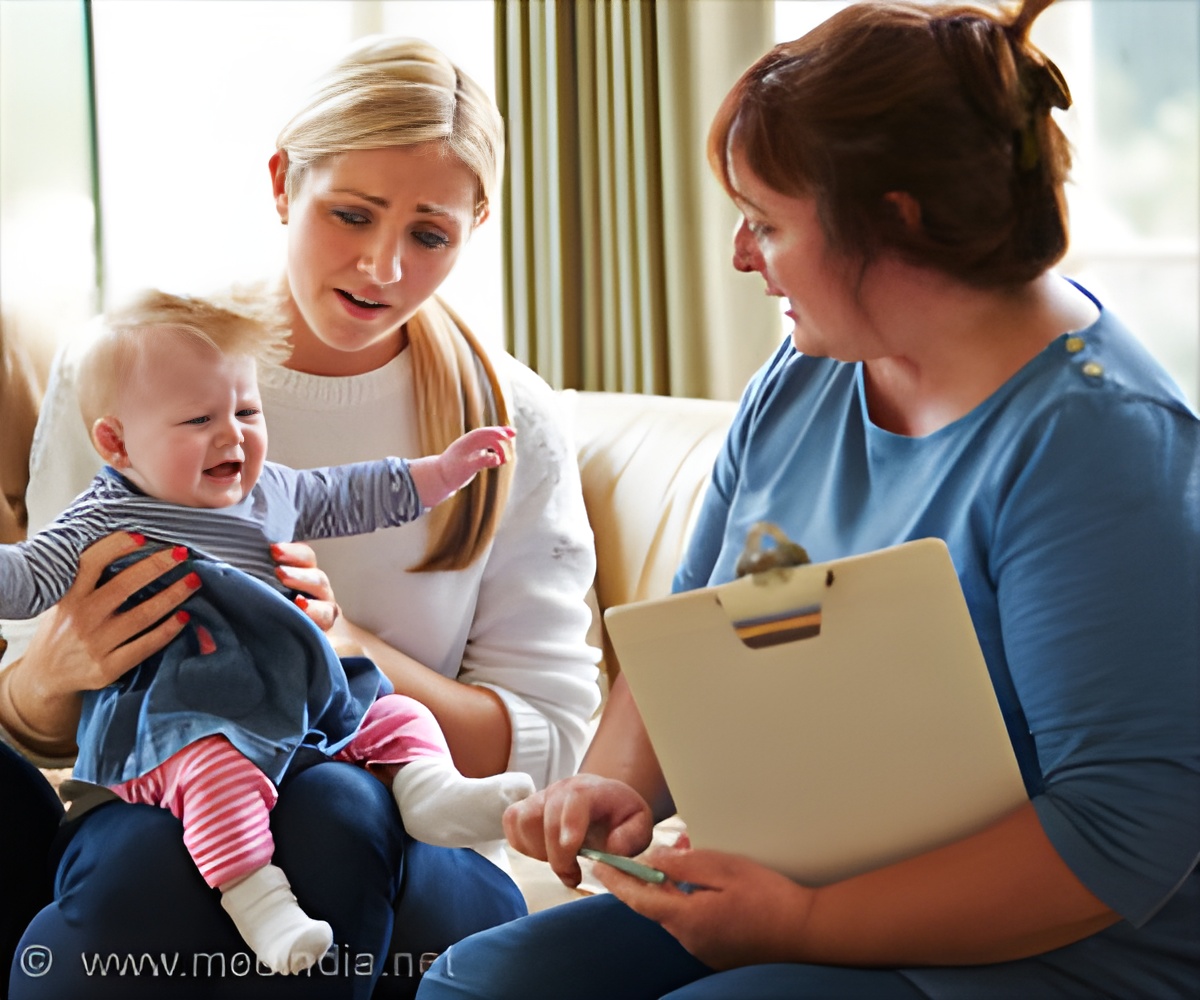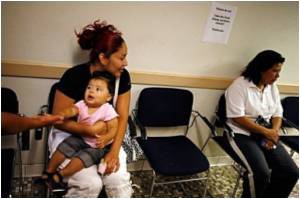
‘There is a major gap between parents' views and research experts' assessments of the quality of child care in the United States.’
Tweet it Now
NPR, RWJF, and the Harvard Chan School polled 1,120 parents or
guardians of children five-years old or younger who were not yet in
kindergarten and received regularly scheduled care at least once a week
from someone other than a parent, and found that about three in five
parents (59%) rate the quality of care their child receives as
"excellent." However, findings from the National Institute of Child Health and Human Development Study of Early Child Care and Youth Development published in 2006 indicated that a majority of child care in the U.S. is of "fair" quality.
"This poll gives voice to the challenges that many parents face in finding high quality and affordable care for their children," says Gillian SteelFisher, Deputy Director of the Harvard Opinion Research Program at Harvard Chan School, who directed the poll.
Cost is the most common challenge in finding child care reported by parents (27%). It continues to be an issue once parents have found child care, with about one in three (31%) who pay a fee for their child care saying it causes a financial problem for their families. The burden of cost is felt in particular by parents who report that their financial situation is not strong, with more than half (61%) of those parents saying the cost of child care has caused a financial problem.
Further, two out of three parents (67%) report that they had limited options for child care. Parents who feel their financial situation is not strong are more likely to say they had limited options (79%) than their counterparts with strong finances.
Advertisement
Parents also feel that child care has lasting effects, with most saying it has a major impact on a child's overall well-being (86%), health (62%), and job success later in life (52%), for example.
Advertisement
Parents face challenges finding back-up care when a child gets sick and cannot receive their usual care. Three in four working parents (75%) say they have had to miss work, and one in five parents report negative repercussions for themselves or their spouses such as docked pay (12%) or getting in trouble with a supervisor (10%).
Findings suggest that, in households with two working parents, mothers are more likely to stay home with a sick child than fathers (45% vs. 13%) when one parent is more likely to stay home. While parents most often cite job flexibility as a driver for this decision, traditional views of gender roles are also important, as the second-most common reason mothers stay home is that it is "their responsibility or role" to stay home with the child (16%).
Source-Eurekalert










